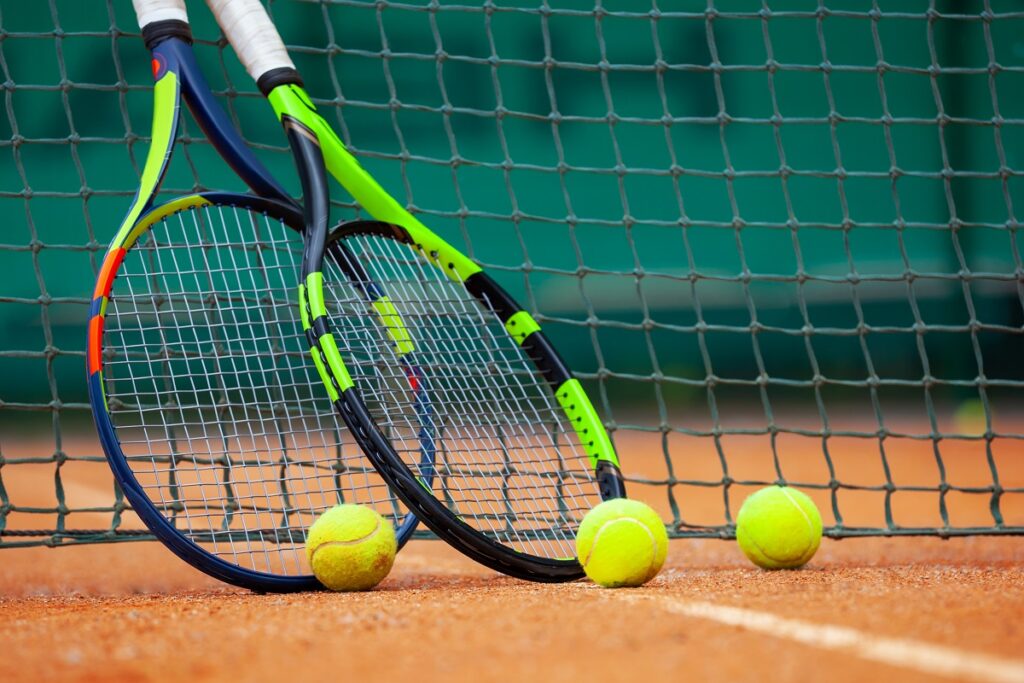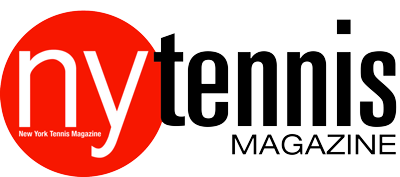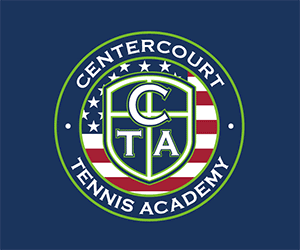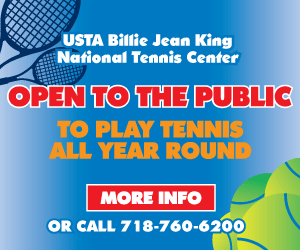Tennis Professional of Sales

Most commercial tennis facilities value sales ability very high—if you are good at bringing new players, you’ll rise through the ranks faster, make more money and grow your professional track record faster than you ever thought possible. And there’s a good reason for that as most people find it very hard to combine being a great teacher with being a great seller. It’s common to think, “I got into the tennis teaching business so I wouldn’t have to do sales.”
I have been fortunate enough to be both on the teaching side and the manager side of tennis for close to three decades, and been involved in what probably amounts to several hundred programs. And over that time, I’ve seen how the very best tennis professional sellers are different—in three distinctive ways.
They accept they are in sales
When I was a young tennis teaching professional, this was probably my toughest challenge: to acknowledge and accept the fact that I was in sales too. You see, there was a little voice inside telling me “you didn’t go to college in order to become a salesperson,” or “you’re an elite tennis player, you shouldn’t have to be selling as well.” Over time, I started seeing just how much this attitude was holding me back. And I wasn’t alone—over the years, many have told me they have similar hang-ups about sales that hold them back from success. The very best, however, understand that sales is just part of what they do—perhaps, even the most important part. They accept it, and in most cases even enjoy it.
They act like chameleons
Pros that can adapt and figure out what the client wants from their on-court experience will have repeat customers. I have categorized three main types of clients:
►The Wanna Work-Out: This client wants to sweat and run around the court. They might like a tip here-and-there, but don’t pause longer than a few moments to show them anything. If you do they will be chomping at the bit to get back to running. These players like to rally with the pro so you better have two carts full of balls so the ball pick-up is at a minimum.
►The Student: For me, these are the most rewarding lessons to give because these players want all the information you can offer. They ask questions, tell you about their match experiences and, in general, seek your knowledge to improve their game.
►The Social Hour: For this client you need to build a more personal relationship, like a bartender or hairdresser. They want to tell you about their week or what their kids are doing. Also, they want to know more about you: How was your week? What are you doing this weekend? Been to any good shows or restaurants lately? You might not hit that many tennis balls in this lesson but if you keep the conversation going they will be signing up for the package of lessons.
They ask and educate their buyers
My old mentor always said if you are not teaching enough hours then how many people have you asked to do a lesson today? Truly outstanding tennis teaching professionals look for ways to ask and educate potential clients. The key word here is ask—you need to deliver insights about the players game and how you can help them take it to the next level by getting on court with you.
In summation, those who succeed are successfully marrying the skill sets and competencies of the great tennis salesman. The true rainmakers in any organization are admired, valued and almost always first in line when it comes to future opportunities for their career development. Yet, most companies are plagued by the same phenomenon: a relatively small number of individuals bring in a disproportionate amount of all lessons. By following the three principles outlined above, you now have the option to choose to become one of them.






